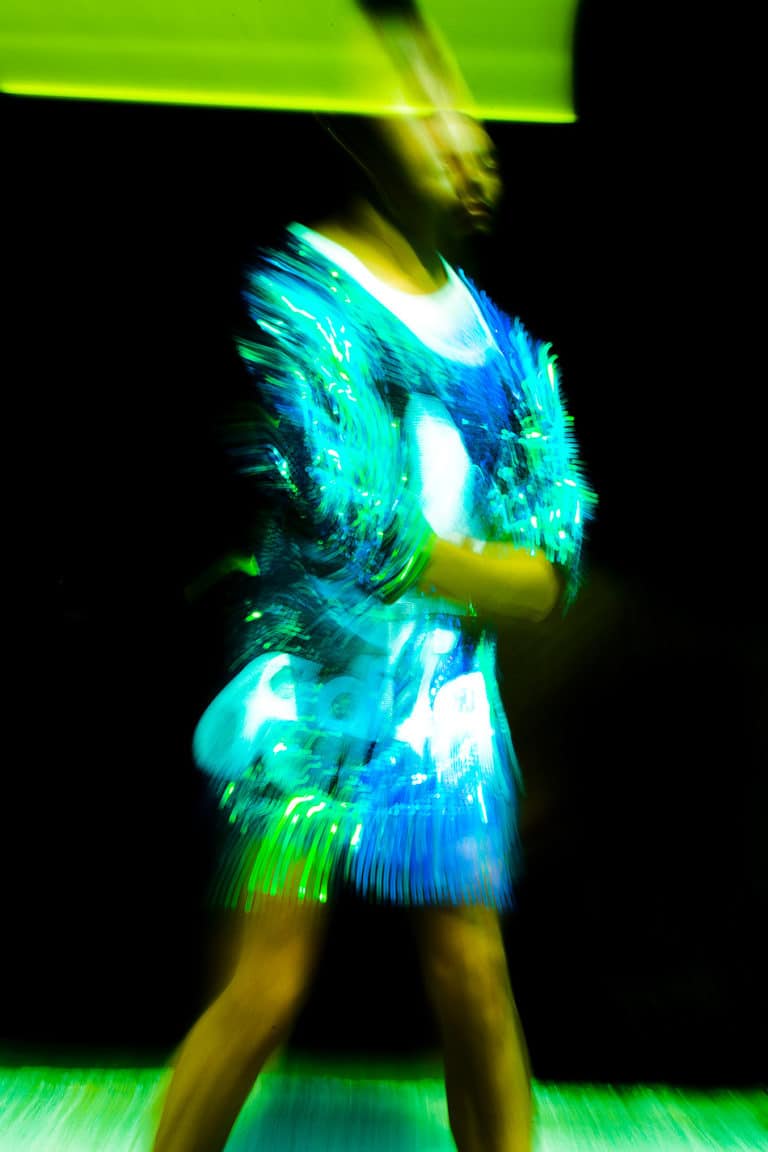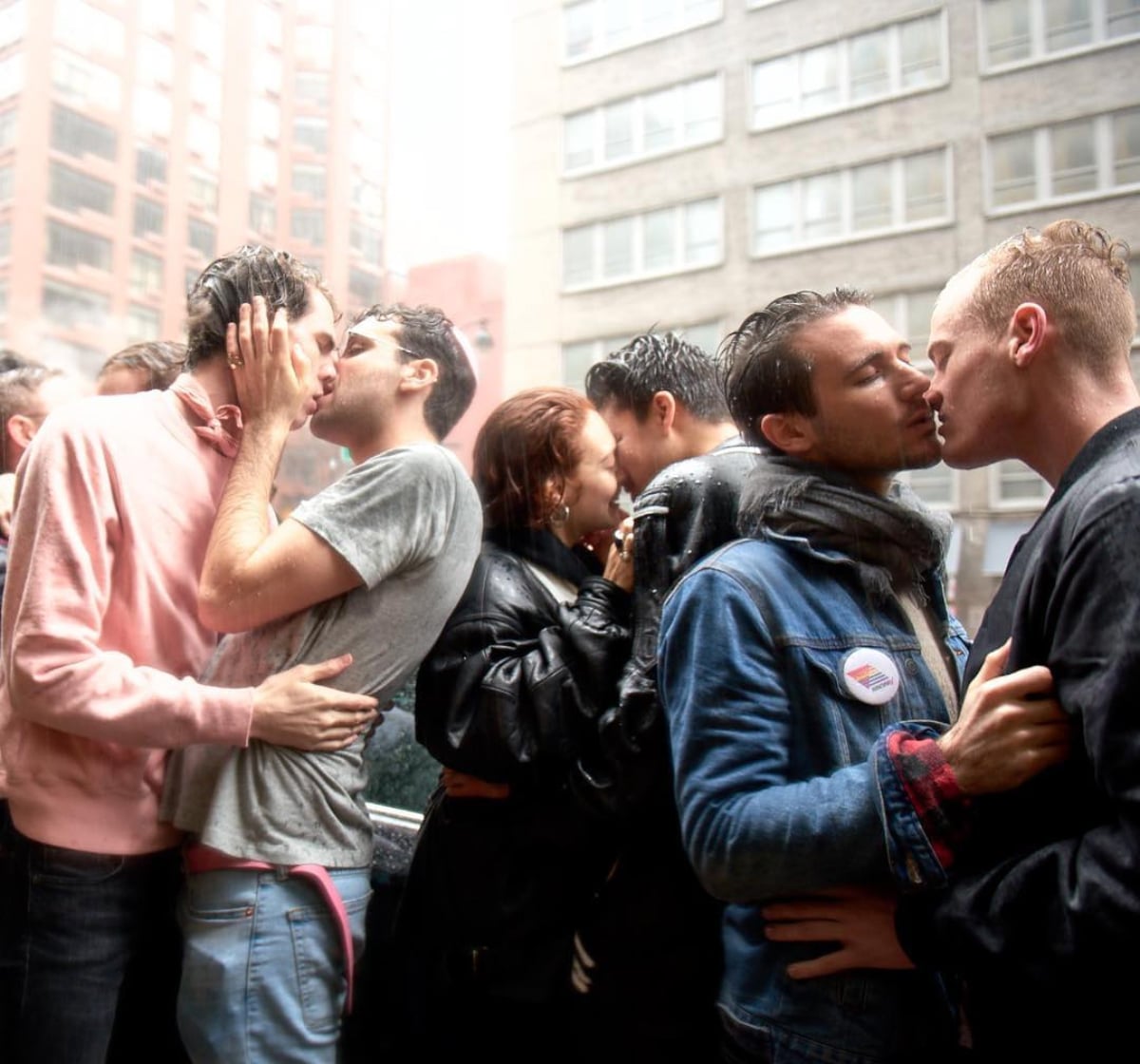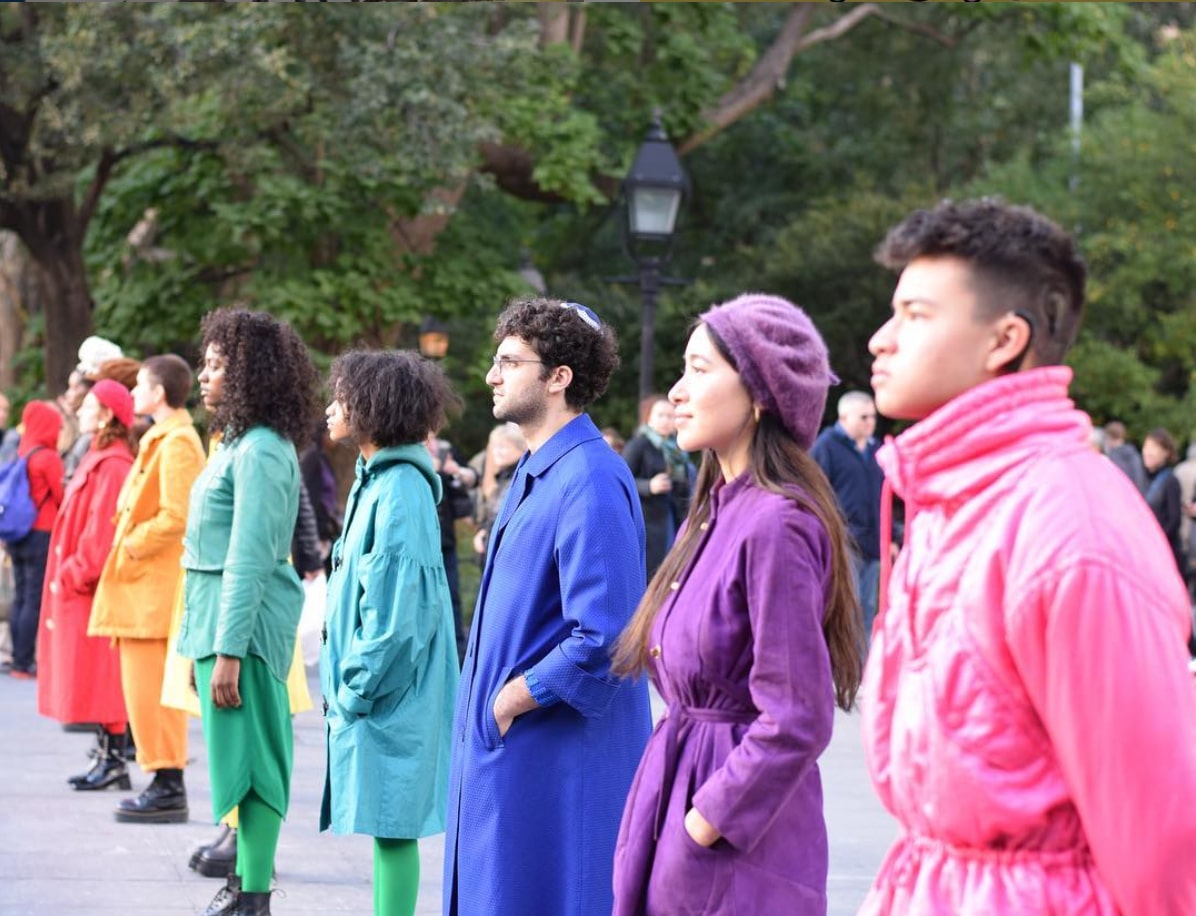
Opinion
Voices 4 stands up to the ongoing purge of LGBTQ people in Chechnya
By Yair Oded
Opinion
Voices 4 stands up to the ongoing purge of LGBTQ people in Chechnya
By Yair Oded
Updated May 16, 2020 at 11:23 AM
Reading time: 2 minutes
LGBTQI rights
Jan 18, 2019
Since December 2018, a new purge of LGBTQ people has begun in Chechnya, a conservative territory in southern Russia, governed by the religious tyrant Ramzan Kadyrov. While world governments and mainstream media outlets have failed to take significant actions to sanction Russia and protect queer Chechens, a growing number of LGBTQ activists across the U.S., Europe, and Russia, have been raising their voice in protest. One of the most prominent activist groups expressing solidarity with Chechnya’s LGBTQ community is the New York City based Voices 4.
“We’re having a vigil with RUSA LGBT this coming Sunday outside the Russian consulate in New York,” Wyatt Harms, a Voices 4 activist, told Screen Shot. “There will also be a simultaneous vigil happening in Belgium that’s led by recently escaped queer Chechens. And so it will be a global vigil to commemorate what is happening in Chechnya and draw attention to our solidarity with our LGBTQ people there.”
News about the persecution of Chechnya’s queer population emerged in April 2017, when an independent Russian newspaper, the Novaya Gazeta, began reporting about the kidnapping, detaining, torturing, and murder of men and women suspected to be gay. Reports indicated that victims are often lured through gay dating apps, and that many have been turned in or murdered by members of their own family (encouraged to do so by the extremist regime). Since then, dozens of LGBTQ people have been murdered and hundreds detained.
As word began to circulate about the most recent ongoing purge of Chechen queers, Voice4 members joined forces with RUSA LGBT (the Russian Speaking American LGBT Association) and called an emergency meeting at New York City’s LGBT centre, where plans for Sunday’s upcoming vigil were discussed. Present at the meeting was exiled Russian professor Lyosha Gorshkov, who currently presides over RUSA LGBT. Gorshkov, providing information from ‘the inside’, stated that the mainstream media continuously downplays the tragedy unfolding in Chechnya, and that the number of victims in reality is much higher than official reports indicate.
Gorshkov further claimed that seeing as world governments and the United Nations are both reluctant and unable to force Putin to crack down on Kadyrov’s murderous anti-LGBTQ campaign, the best way to help at the moment would be to express solidarity with queer people in Chechnya and show them as well as the Russian government that the world is watching. Gorshkov added that donating to organisations operating on the ground will also be extremely helpful, as they smuggle first aid and other necessary supplies to victims.
Word about Sunday’s rally is rapidly spreading across social media, and particularly on Instagram, a tool proving to be significantly useful for Voices 4’s organisers to get their message across and recruit supporters.
“Our organisation began on Instagram,” says Adam Eli, writer and co-founder of Voices 4, “I posted and said we’re gonna do this march, and if you wanna come plan with us then you can come meet us at this time and place. We always made sure we created a new graphic to post each week, and that way it sort of snowballed. IG has been an extremely powerful tool.”


“Especially because we’re not seeing much press coverage, social media is a really good way for an activist group like us to disseminate information,” says Harms, “People turn to social media as another medium to see what’s happening in the world, and when mainstream press won’t cover what’s happening in Chechnya to the degree that we like, we can step in and help educate our followers and other people we interact with online about what’s happening and how they can get involved.”
Voices 4’s message is clear: now is the time to rally the LGBTQ community worldwide, as well as its allies, and raise awareness of the atrocities unfolding in Chechnya. We must show queer Chechens that they aren’t forgotten, and remind the Russian government that the heinous crimes committed against LGBTQ people on its territory aren’t going unnoticed.
Those of you tuning in from New York City, bundle up and attend Sunday’s rally which will be held across from the Russian Consulate at E9 91st Street, NY from 1:00-2:00 PM EST. Those of you who cannot attend the vigil, please visit Voices 4’s Instagram page and share their posts calling for action. For donations, please visit the website of the Russian LGBT Network, or Venmo @Voices4-.




